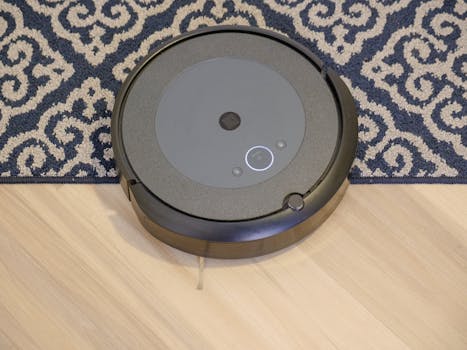
Home Automation in 2025: The Smart Home Ecosystem
Home Automation in 2025: The Smart Home Ecosystem is revolutionizing the way we live and interact with our homes. With the integration of Internet of Things (IoT) devices, artificial intelligence, and machine learning, homes are becoming more intelligent, efficient, and convenient. In this article, we will explore the latest trends and innovations in home automation, creating a seamless and interconnected smart home ecosystem.
Introduction to Home Automation
Home automation refers to the use of technology to control and monitor various aspects of a home, including lighting, temperature, security, and entertainment systems. The goal of home automation is to create a comfortable, convenient, and energy-efficient living space that enhances the overall quality of life. With the advent of smart home devices, home automation has become more accessible and affordable, making it a desirable feature for homeowners and renters alike.
Key Components of a Smart Home Ecosystem
A smart home ecosystem consists of several key components, including:
- Hub or Controller: The central hub or controller is the brain of the smart home system, connecting and controlling various devices and sensors.
- Sensors and Devices: Sensors and devices, such as thermostats, lights, security cameras, and door locks, are connected to the hub and can be controlled remotely or automatically.
- Artificial Intelligence and Machine Learning: AI and ML algorithms analyze data from sensors and devices, optimizing energy efficiency, security, and convenience.
- Voice Assistants and User Interfaces: Voice assistants, such as Amazon Alexa or Google Assistant, and user-friendly interfaces, like mobile apps or touchscreens, enable residents to interact with and control their smart home ecosystem.
Advantages and Benefits of Home Automation
Home automation offers numerous advantages and benefits, including:
- Energy Efficiency: Smart home systems optimize energy consumption, reducing waste and lowering utility bills.
- Convenience and Comfort: Home automation enhances the living experience, providing seamless control over lighting, temperature, and entertainment systems.
- Security and Safety: Smart home security systems detect and prevent potential threats, ensuring a safe and secure living environment.
- Increased Property Value: A smart home ecosystem can increase property value, making it a desirable feature for potential buyers or renters.
Conclusion
In conclusion, Home Automation in 2025: The Smart Home Ecosystem is a rapidly evolving field, transforming the way we live and interact with our homes. With its numerous benefits, including energy efficiency, convenience, security, and increased property value, home automation is becoming an essential feature for modern homes. As technology continues to advance, we can expect even more innovative and integrated smart home solutions, creating a seamless and interconnected living experience.



